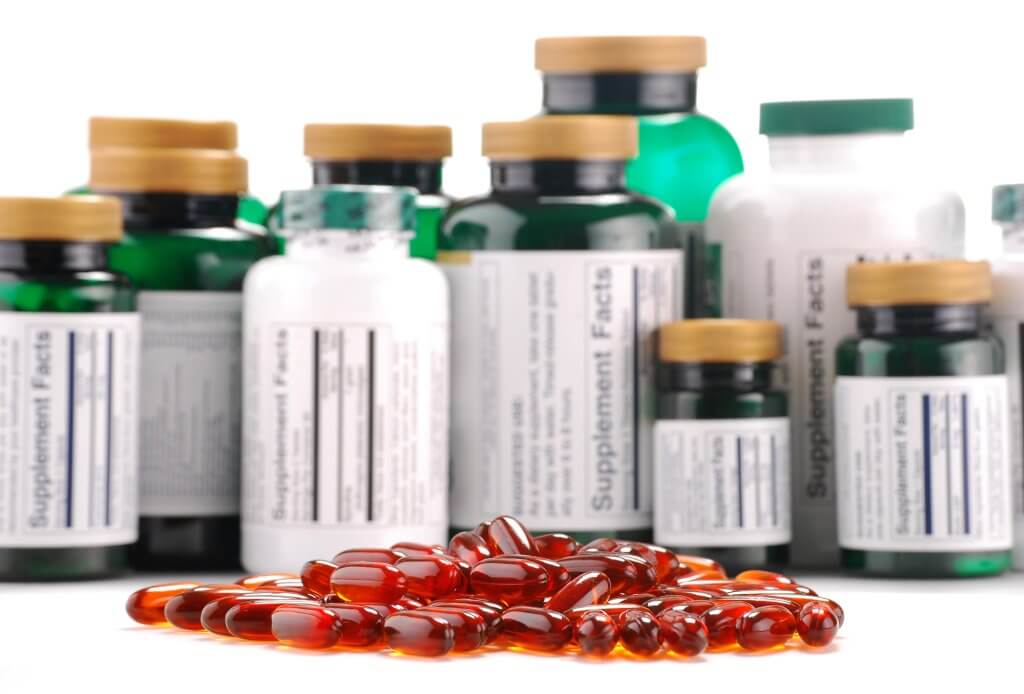Fitness and Nutrition for Hormone Health
The Brain and Obesity: Exploring the Mind-Body Connection
Obesity has long been a significant worldwide health concern worldwide, reaching alarming levels in recent years. While the factors contributing to this obesity epidemic are multifaceted, one often overlooked aspect is the brain’s influence. The human brain, the command center of our body, plays a crucial role in regulating appetite, metabolism, and energy expenditure, all…
Read MoreExperiencing Semaglutide’s Potential: My Personal Transformation
Hi, everyone. I’m Augie Galindo, a partner and Physician Associate at Testosterone Centers of Texas. I’ve been blogging a lot lately on semaglutide and its potential for weight loss, and I’d like to share the reasons why. First, as a provider working in the field of testosterone and hormone replacement therapies, one of the biggest…
Read MoreSemaglutide: Promising Potential for Weight Loss and Improved Cardiac Health
Fairly recently, semaglutide has emerged as a breakthrough medication in the management of type 2 diabetes, but there’s more to the story. With obesity and heart disease epidemics affecting millions worldwide, the positive health benefits of semaglutide present a glimmer of hope for many struggling with weight management and cardiovascular health. This innovative drug, semaglutide,…
Read MoreFructose and Trans Fat—Pick Your Poison
Albeit through different mechanisms, fructose and trans fats are substances that have been linked to obesity and its related disease states. Awareness of the potential negative effects of these 2 products commonly found in our American diet is critical to your metabolic health. Fructose: What It Is and What It Does Fructose is a type…
Read MoreAre We Treating Heartburn Effectively?—Betaine HCl with Pepsin Could Replace Antacids
Betaine HCl (hydrochloride) is making headlines in the medical and nutritional journals for its potential to relieve heartburn and acid reflux without the negative impact on your overall nutrition caused by traditional antacid medications. The authors of a 2020 journal article published in Integrative Medicine on the topic had this to say: “It is well…
Read MoreSemaglutide—A Breakthrough in Weight Loss?
In the relentless pursuit of effective weight loss solutions, researchers and medical professionals continue to explore innovative approaches to address the global obesity epidemic. One compound has gained significant attention for its promising results in weight management: Semaglutide Let’s examine the science behind Semaglutide and its role as a potential game-changer in the weight loss…
Read MoreNapping, Brain Volume, and the Potential to Slow the Aging Process
Napping is a common practice in many cultures and has been celebrated for its plethora of benefits—improving mood, enhancing alertness, and boosting cognitive performance. Many of us have experienced the clarity and focus that a brief nap can provide when we’re feeling groggy or fatigued. However, it appears that there are much greater benefits to…
Read MoreDoes Sucralose Damage DNA?
Sucralose, a synthetic sweetener marketed under the brand name Splenda, has gained popularity as a calorie-free alternative to sugar. It’s commonly used in a variety of food and beverage products, from diet sodas to sugar-free desserts. Sucralose has been deemed safe for consumption by regulatory agencies such as the FDA and EFSA. However, concerns have…
Read MoreProductsClaiming to Cure Low T: Are These Real?
We’re often asked about what exercises, foods, or supplements raise testosterone levels—products that could cure Low T and skirt the need for Testosterone Replacement Therapy (TRT). It might sound logical that if you’re suffering from low mood, fatigue, and/or diminished sex drive, improving your overall fitness and general health might be a viable solution, and…
Read MoreYour Eating Habits and Your Testosterone Levels—Beware of Extreme Diet Plans
We’ve discussed in past blog posts how chronic consumption of sugary foods and beverages can damage testosterone production, particularly in young men. Therefore, it might be easy to draw the conclusion based on that evidence alone that a low carbohydrate diet—may be one of those fad diet plans that call for heavy consumption of foods…
Read More









